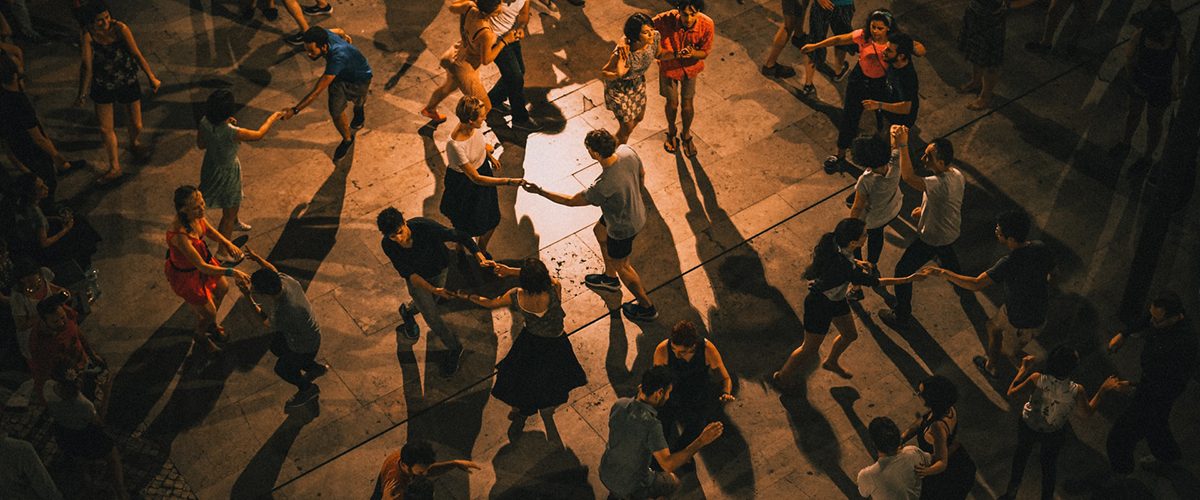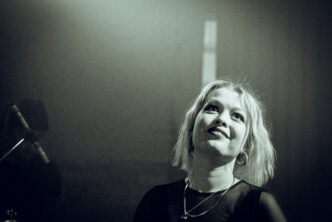An older friend regularly liked to recite the following:
“Never assume. To assume is to make an ‘ass’ of ‘u’ and ‘me’.”
She did this for two reasons. Firstly, she was aware that I find such modern homilies twee and irri-tating. Secondly, she realised that I could not deny that this particular saying has an element of truth to it. The jarring combination of irritation and truth has made it stay with me over the years, as my friend knew it would.
Back in 1987, my mother discovered that (unbeknownst to either of us) my youngest brother and I shared a liking for the music of the virtuoso Irish rock guitarist, Rory Gallagher. As a brotherly bond-ing exercise (he’s fourteen years my junior) mum bought us tickets to a concert Rory was playing at the International 2 in Plymouth Grove, Manchester. Brother number three (the middle brother) also got a ticket, though I can’t remember if he wanted one.
As this was a ‘standing only’ event and I wanted to keep an eye on my “little” brothers, we stood to-wards the rear of the hall (Rory never fell short on amplification). It was their first big city gig and these were troubled times. Especially where drink was allowed (the bar here stayed open through-out) there might be, as The Specials had noted:
“Too much fighting on the dance floor…”
To begin with, all was well. Rory was really in the mood and a good time was being had by all.
Out of the corner of my eye, I became aware that we were being observed by a solidly-built man, mid-twenties, positioned four or five yards away and, loosely-speaking, dancing.
He was moving with a tense, stiff-limbed, pitifully ungainly motion – more or less in time with the music – such as Frankenstein’s monster might have displayed (if he’d been a fan of Rory Gal-lagher). It was, in equal parts, scary, laughable, and admirably unselfconscious. I didn’t much like the look of him, and he kept looking over.
“Too much fighting on the dance floor…”
Looking back, the very idea of me as bodyguard for my younger brothers was ludicrous. As my mother had more than once observed, “you couldn’t fight your way out of a paper bag.” This was meant more kindly than it sounds – her intention was to remind me that, blessed with a congenital heart problem, I ought not to be fighting at all. Even so, your little brothers are your little brothers, you know? You ought to stick up for them.
The best tactic would have been to avoid eye-contact, but I couldn’t help myself. I had to keep checking if he was still looking and, of course, the more I checked, the more he looked. And then it happened. Eyes fixed determinedly on mine, he came – half-striding, half-dancing – towards me.
A seasoned dance floor scuffler might have planned to get his blow in first but, as Gilbert O’Sullivan put it, “I’m a writer, not a fighter.” No matter. Come what may, I was resolved to do what I could to deny this brute any easy route to my little brothers. I stood my ground.
Still swaying to the music, and looking all the more grimy, ragged and menacing at close quarters, the man leaned in to shout something in my ear. Would it kick off here and now, or would he be in-viting me to step outside?
“How can anybody,” he challenged, “not like this music?”
As he leaned away again, he was grinning broadly. I grinned back at him and shrugged, letting him know that those utter ingrates (whoever and wherever they might be) were a total mystery to me, too.
That moment of bonding and confirmation achieved, he headed back whence he’d come; nodding, swaying and dancing with even greater masculine abandon. And that was that. He’d just wanted to share the joy.
These days, whenever I recall this incident, I also hear my friend’s voice counselling me not to as-sume. Still irritating. Still true.
Sharing joy is, in itself, a cause of joy; so let us not just strive to share our joys with others, but to leave our doors ajar for them to share theirs with us.
Read Martin’s story Caution – Soldiers Crossing





